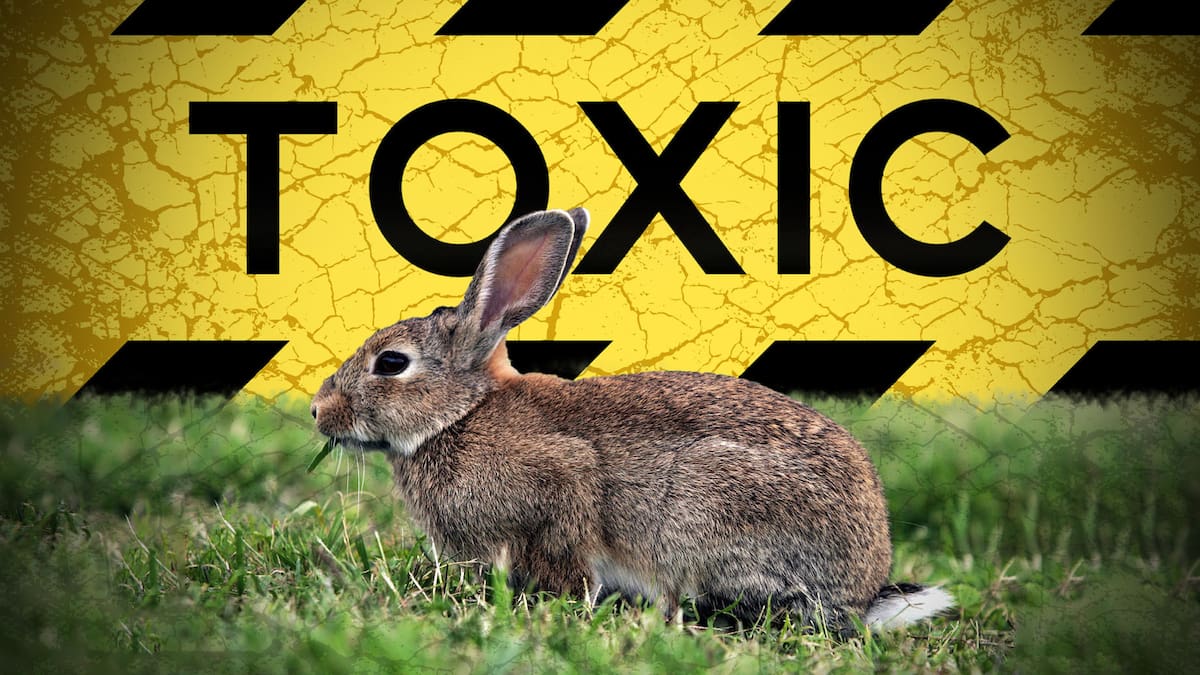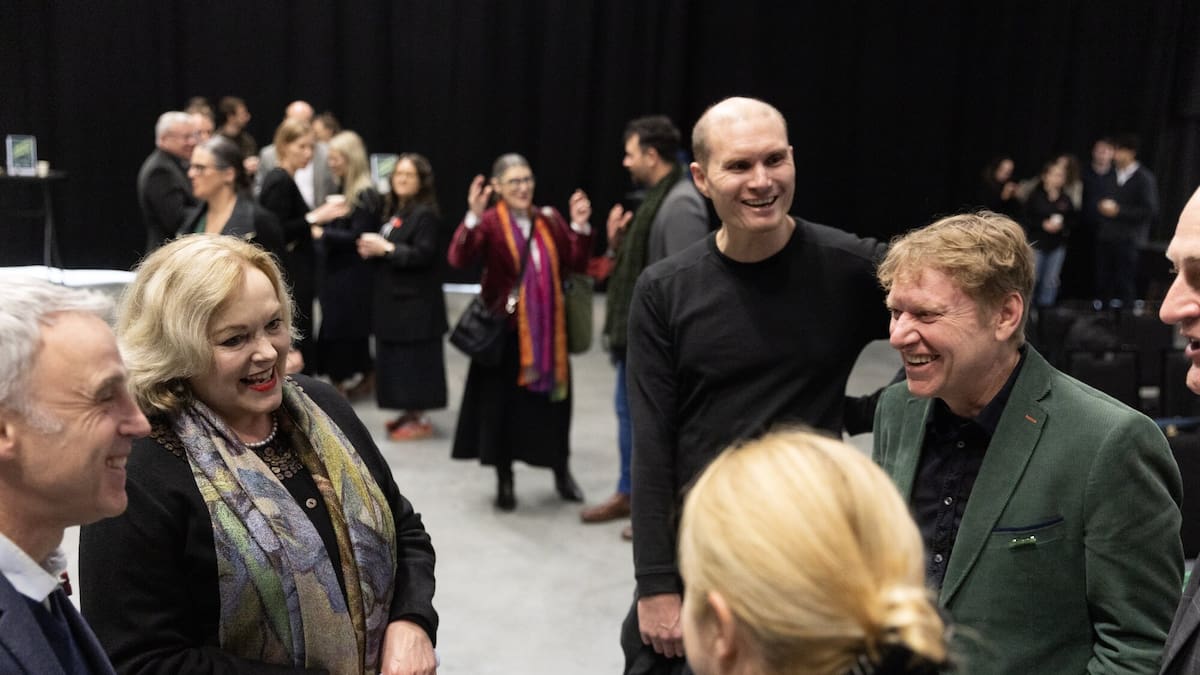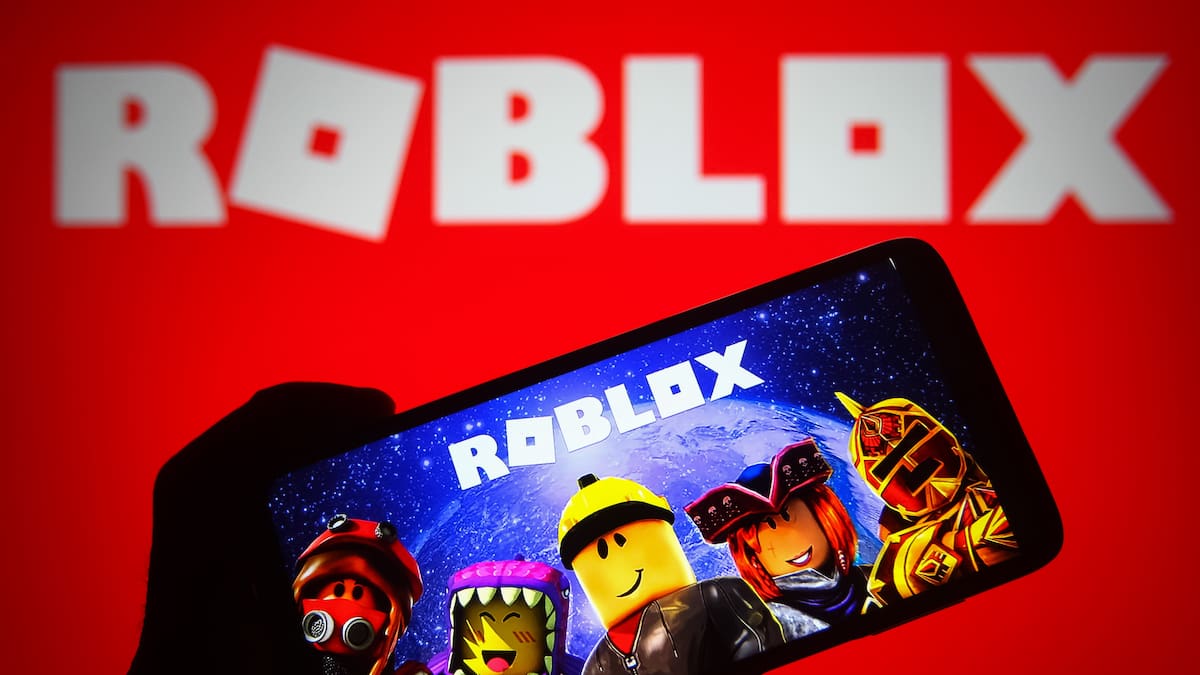Harvard graduate and Crimson Education founder Jamie Beaton has also been upset by the populist President’s war on Harvard.
“Harvard operates as a kind of academic United Nations. Its strength lies in its pluralism. It has made the US singular among nations with its role as the magnetic centre of global talent,” Beaton posted.
“For decades, the best and brightest from every continent have competed not only for admission to its universities, but for inclusion in its national experiment.
“This week, the Department of Homeland Security revoked Harvard’s ability to enrol international students, citing vague grievances over campus protests and the university’s refusal to meet a series of politically charged demands.”
But beyond the Crimson founder’s political and philosophical objections, there’s also an element of commercial threat to Crimson’s signature business of coaching students to get into Ivy League schools – of which Harvard is arguably the biggest prize of all (the company’s broadening business also includes an online academy and a new push into bricks-and-mortar schools as part of a business that has grown to a “unicorn” private equity valuation of $1b).
The Herald asked Beaton what his message was for students on Crimson’s mentoring programmes who are now seeing their mentoring dreams potentially dashed.
“Our students generally are applying to 12 to 15 US universities and thus have a wide range of options available to them,” the Crimson founder replied.
“Harvard’s capacity to accept international students has already been defended by the temporary court injunction and like many of Trump’s executive orders, it is very difficult legally to actually restrict international students coming over.”
“My advice is simple: keep calm and continue building your candidacy because the doors for international students to Harvard and other schools will clearly remain open.
“In the case of visa interviews, all our students already have booked their interviews for this admissions cycle so this additional threat from the Trump administration is bluster, not an actual issue.
“Harvard was founded in 1636, has US$53 billion endowment and will outlive any President.”
‘Good initial win’
On May 22, the Department of Homeland Security said that it was pulling Harvard’s authority to enrol foreign students because it believed Harvard had failed to create a safe campus environment for students, especially Jewish ones, and alleged that many “anti-American, pro-terrorist agitators” on campus were foreign students.
On May 23, a federal judge issued a restraining order, temporarily blocking Homeland’s ban.
“Countless international students have asked about transferring,” Harvard said in a court filing
On Thursday (Friday NZT), the restraining order was extended until a federal court hearing, meaning Harvard can preserve its current international student enrollment system in the meantime.
“It’s a good initial win for Harvard,” Beaton told Tech Insider. “I’m on campus and people are very excited.”
The university has around 7000 foreign students, or around a quarter of its total.
The university’s lawyers argued the ban was unlawful and that the President’s claim that Harvard had refused to hand over foreign student records was incorrect.
The legal battle will continue.
So will the political fight.
“Anyone who cares about higher education should hope the White House drops the issue,” the Wall Street Journal said in an editorial earlier this week that asked: “Does Trump want to fix Harvard or destroy it?”
“Mumbai and Beijing – by way of Harvard and other elite schools – supply the talent that keeps our high-tech sector competitive. These are among the best minds in the world, and they want to live and work in America,” the Journal said.
“They boost employment and productivity. They generate wealth. Nothing is gained by forcing our leading universities to turn them away.”
Beehive-bound?
Tech Insider recently asked Sir John Key – a member of Crimson Education’s advisory board, along with former Australian Prime Minister and Labor leader Kevin Rudd – this question: “Do you think Jamie Beaton will go into politics?”
“He wants to,” Key replied.
“He’s got massive, massive capacity. Intellectually, he’s incredible. He’s crazy-smart. But that doesn’t mean you’re going to be an amazing politician. Politics is a combination of lots of different factors.”
Beaton told Tech Insider: “I would only enter politics if I felt there were a set of challenges facing Kiwis I was uniquely equipped to solve and it was higher-impact for our country than my entrepreneurial endeavours.”
TIN soldier on the march
Greg Shanahan is best known in the start-up community as the founder of the Technology Investment Network (TIN), which produces the annual TIN200 list of our largest tech exporters, and maps the state of the sector.
But he also founded Auckland med-tech firm Veriphi – a maker of a analysers that use AI and other tools for verification of medicine delivered intravenously – making sure a patient gets the right dose of the right medicine at the right time.
Now, after a long run-up (his start-up was founded in 2009), Veriphi is about to generate its first revenue – and it will be export revenue too.
“In February, we signed our first commercial supply agreement with St Vincent’s Hospital Melbourne, part of St Vincent’s Health Australia, the country’s largest not-for-profit health and aged care provider,” Shanahan says.
The analyser was recently installed.
“We are now raising money to take advantage of the St Vincent’s opportunity and accelerate progress with two other large Australian customer prospects,” Shanahan told Tech Insider.
His firm is staging a minimum $500,000, maximum $2 million crowdfunded equity raise on PledgeMe at a $29.4m pre-money valuation – which its offer documentation says is based on a “4.5x medical device revenue multiple, of conservative FY28 $6.4m revenues. This is an accepted multiple for MedTech companies”, it says, citing recent raises by the pre-revenue Kitea Health and Bio Ora.
That will be followed by a $5m Series A round, pencilled in for May next year.
According to its offer documentation, the pre-commercial Veriphi has lost around $1m over each of the past three years and carries a $455,000 Callaghan Innovation loan on its books.

It’s forecasting $426,000 in revenue in FY2026 (from $0 in FY 2025), rising to $18.7m in FY2029 – also the first year the firm is forecast to make its first cash surplus. Staff numbers would jump from seven today to more than 50, all going to plan (and the plan includes gaining FDA approval in the US).
Shanahan’s goal is for Veriphi to become a US$1b firm, as analysers are leased for $25,000 per year, with each machine also generating $128,000 in consumables revenue.
Veriphi’s offer document says in the US, 80% of hospital patients (or 25 million) are on IV with preventable errors affecting 3% and causing 7000 deaths each year.
“The total addressable market is US$13b for IV drug delivery,” the document says.
The near future is more smaller potatoes. If the PledgeMe campaign succeeds, the first $500,000 will go towards landing a second Australian customer.
The first was tinning it, so to speak.
“I would like to claim I was responsible for finding St Vincent’s, but they came to us as they saw a need for a solution like Veriphi’s,” Shanahan said.
“So, it’s a great win after 15 years of development and over 20 patents granted globally – including eight US patents.”
Chris Keall is an Auckland-based member of the Herald’s business team. He joined the Herald in 2018 and is the technology editor and a senior business writer.






